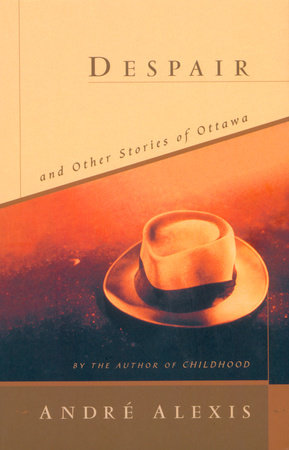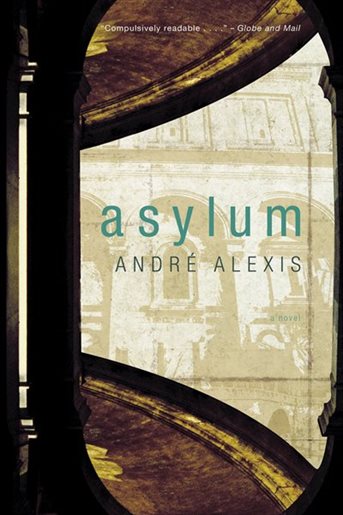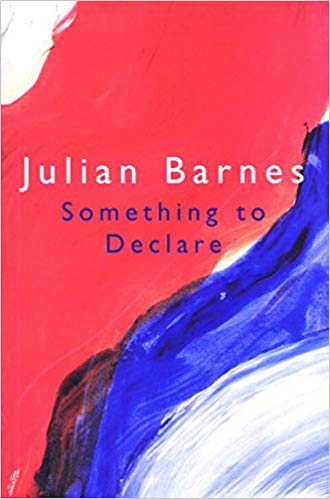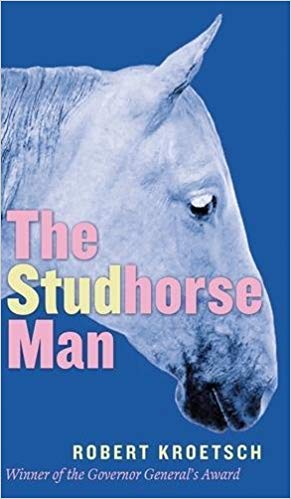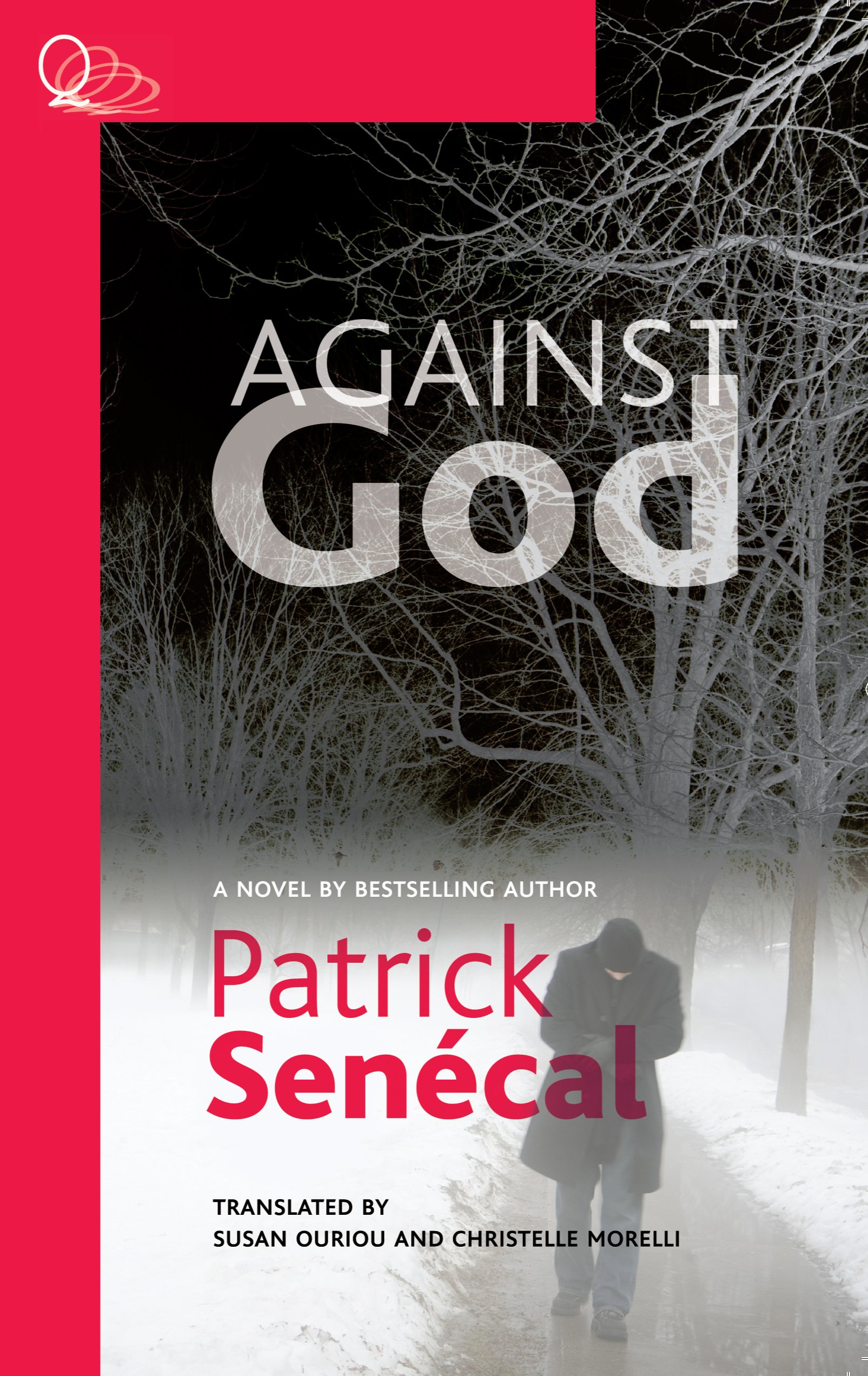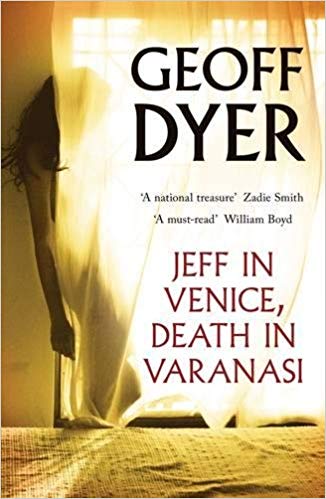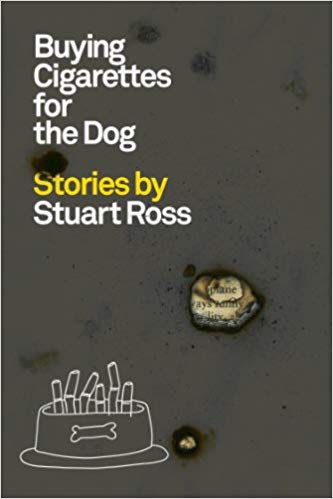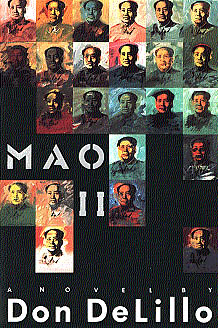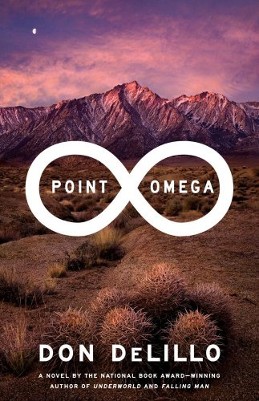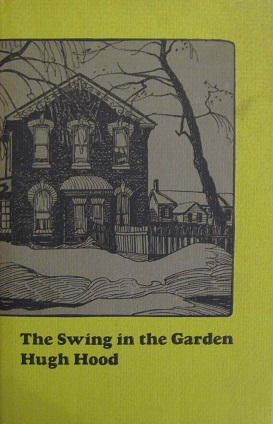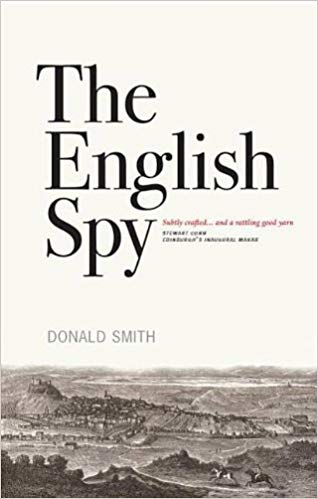On the other hand, we have Despair, etc., a collection of short stories that comes from a younger Alexis (1994) and has a very different feel. I’m reluctant to plug the stories into strict categories, but, for the sake of convenience: there are hints of magic realism, paranormal absurdity, satire, and a round skewering of suburbia. The stories are entertaining, unselfconscious and artfully written.
Tag: Review
Asylum, by André Alexis
Asylum, by André Alexis, is a novel about conservatism. Not necessarily an ideological conservatism, but the soft conservatism associated with words like tradition, memory, story and history. Asylum opens with a cloistered narrator (what could be more conservative than a devout religious?) who has lived for fourteen years in a monastery near Florence.
The Body Artist, by Don DeLillo
I have no idea what The Body Artist is about. Instead, let me tell you about grocery shopping in my neighbourhood. One of the places I go to buy my food is the Loblaws in Maple Leaf Gardens, former home of the Toronto Maple Leafs where they won the Stanley Cup in 1967 (and never again).
Beautiful Machine, by PW Cooper
In his book, Cambodia, Brian Fawcett observes that “the continuous growth of authority and bureaucracy is a universal phenomenon of modern political life. But bureaucratic authority has a most unexpected twin: genocide.” PW Cooper’s novella, Beautiful Machine, offers a fictional rendering of this proposition.
Something To Declare, by Julian Barnes
Although Julian Barnes’ 2002 collection of essays is subtitled “Essays on France and French Culture”, it might have been better to call it “Essays on Gustave Flaubert with a few other interesting tidbits thrown in for good measure”. Read it, if you so desire, as a supplement to his novel, Flaubert’s Parrot, and as further confirmation of the obsessive kinship Barnes feels for the man who is arguably the first modernist writer.
The Studhorse Man, by Robert Kroetsch
The 15th book in my January Book Project is The Studhorse Man, by Robert Kroetsch late of Alberta. Published in 1969, it has taken me almost forty-four years to get around to it. Of course, I was only six at the time of its publication, so I can be forgiven for some of my delay. But not all of it. Really, I should have read this years ago.
Against God (Contre Dieu), by Patrick Senécal
Québécois author, Patrick Senécal”s 2010 novel, Contre Dieu, has been translated by Susan Ouriou and Christelle Morelli and published in English by Quattro Books as Against God (2012). It could be described as a novel about theodicy in the 21st century or The Book of Job on amphetamines.
Life Without, by Ken Klonsky
Like Against God, which I looked at in my previous post, Life Without is a novella from Toronto-based Quattro Press. The phrase “life without” is an abbreviation of “life without possibility of parole” which, in a state like New York, is the most severe sentence a person can receive.
Jeff in Venice, Death in Varanasi, by Geoff Dyer
The 7th installment of my January Book Project is Geoff Dyer’s 2009 novel, Jeff in Venice, Death in Varanasi. See my earlier review of his 2011 non-fiction collection, Otherwise Known as the Human Condition. Maybe I should have read these in the order of their publication. And yet it seems fortuitous to have done things in reverse because Otherwise etc. alerted me to many of Dyer’s concerns/interests/passions and I came to his novel ready to watch how they played out in a fictional space.
Searching For Gilead, by David G. Hallman
It is tempting to read Searching for Gilead as a fictionalized elaboration and expansion of August Farewell. Like Hallman, the narrator, Tom Fischer, is an environmental advocate, and the fact that the story is told in the first person creates the illusion that the author and narrator are the same person.
Buying Cigarettes for the Dog, by Stuart Ross
The 6th installment of my January Book Project is something I picked up from the author himself at last September’s Word On The Street. It’s Buying Cigarettes for the Dog, by Stuart Ross and published by Freehand Books. Hmmmm – how to describe this collection of short stories… It’s like an ADHD version of Etgar Keret, only he forgot to take his Ritalin and swallowed a bunch of amphetamines instead.
Mao II by Don DeLillo
Pages 40 and 41 gaze at one another with a canny prescience. On page 40, we have the image of the Twin Towers. On page 41, we have a discussion of terrorism and danger on planes. Mao II was published in 1991, a full decade before 9/11. And yet there it is.
Point Omega by Don DeLillo
The main character of Point Omega is Richard Elster, a defense intellectual, an academic recruited by the DOD to “freshen the dialogue, broaden the viewpoint.” Like my great uncle Perly, Elster approaches problems conceptually. He abstracts himself from the gritty reality his work supports.
The Swing in the Garden, by Hugh Hood
My third installment in the January Book Project is the first novel in Hugh Hood’s New Age cycle of twelve novels set in Toronto. Published in 1975, The Swing in the Garden has the feel of a memoir, evoking Toronto in the years of the great Depression, with a clear sense of local geography and civic politics.
The English Spy, by Donald Smith
On July 31st, 1703, Daniel Foe (who came to call himself Daniel DeFoe) was arrested for seditious libel and sentenced to stand in the pillory for three days. Queen Anne had just ascended to the throne as Queen of England and was intent upon rooting out Nonconformists e.g. Roman Catholics (among the most despised in England), and people like DeFoe, the son of Presbyterian Dissenters, who, although Protestant, nevertheless refused to acknowledge the primacy of the Church of England.
